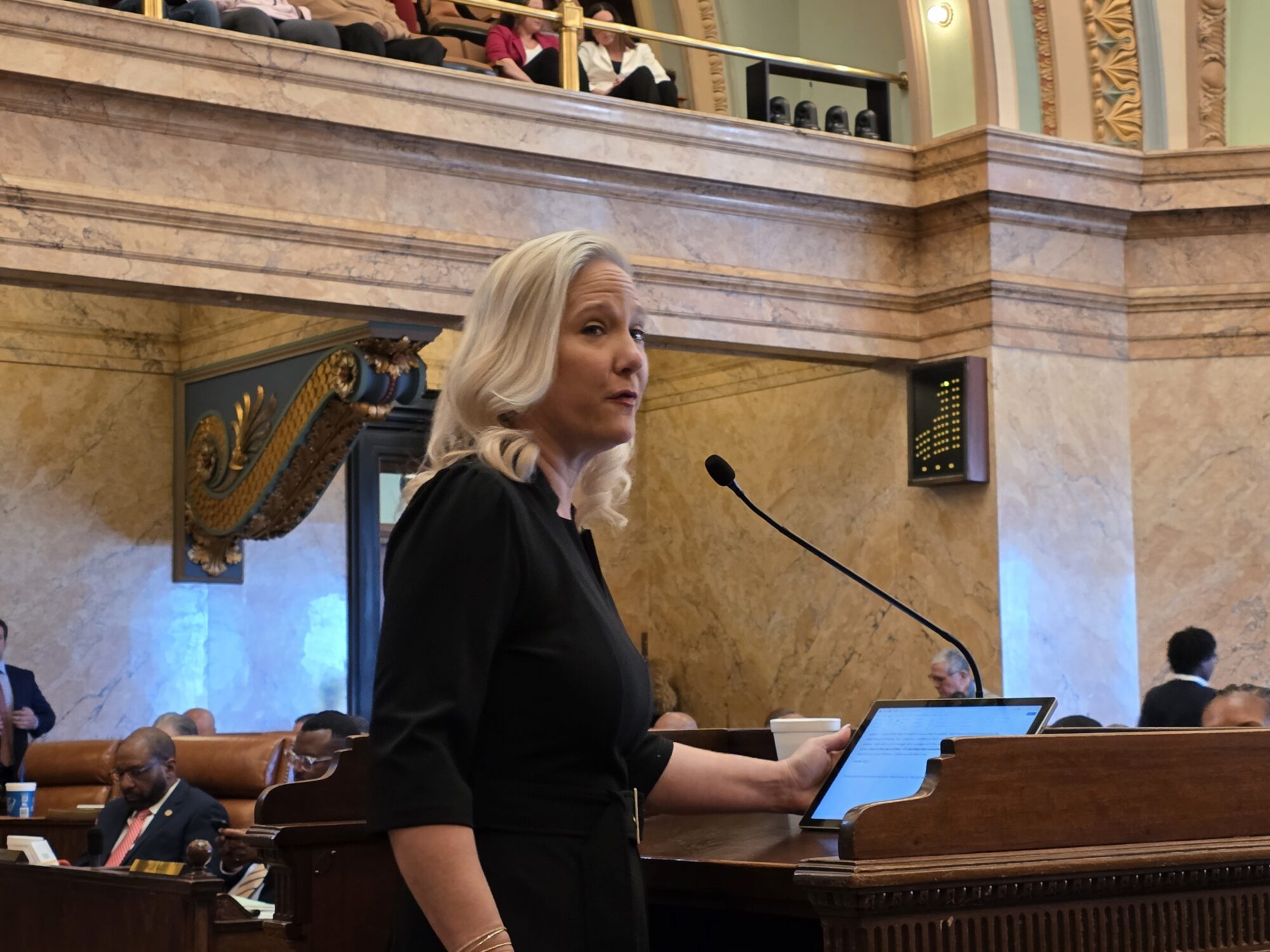With the 2011 legislative session finally complete, I thought it proper to conclude my updates with brief summaries on a small number of the laws passed this year.
During the 2011 session, the Senate passed and approved many proposals, including a $5.5 billion FY 2012 budget that funds K-12 education at $2.25 billion. Institutions of higher learning will receive $701 million and community and junior colleges will be appropriated $233 million.
Also passed was a bond bill providing $98.9 million for Mississippi’s institutions of higher learning, allocating money that will be used to maintain structures on the campuses of the state’s colleges and universities. The bill additionally provides $25 million in maintenance funds for community and junior colleges and $73 million for the Mississippi Industry Incentive Financing Revolving Fund, allowing the state to loan money to businesses locating in Mississippi. It likewise places another $20 million into the Local System Bridge Replacement and Rehabilitation Fund.
Regarding other matters, we adopted several measures designed to protect children, including Senate Bill 2472, legislation known as Nathan’s Law, a comprehensive school bus safety act. Moreover, the Senate passed Senate Bill 2557, a proposal known as the Career Track Program, establishing a program which allows high school students who decide to not pursue a bachelor’s degree in college to instead graduate with credits toward community college certification in a vocational or technical course of study.
Other bills approved by the Senate include:
Senate Bill 2821, a bill that creates the Mississippi Dog and Cat Pet Protection Law of 2011, mandating criminal penalties for those who intentionally harm a domesticated animal.
Senate Bill 2196, an act that requires riders of ATVs age 16 and under to wear helmets while on a public right of way.
Senate Bill 2597, legislation that establishes criminal penalties for adults who allow minors to consume or possess alcohol at parties.
Senate Bill 2413, a proposal which creates a Blue Alert program to assist in the apprehension of anyone who assaults a law enforcement officer.
Senate Bill 2511, a bill which allows school boards to auction 16th Section hunting and fishing leases in order to increase district revenue.
Senate Bill 2192, legislation that requires safety lights to be used on any vehicle transporting a load of timber products that extends more than four feet beyond the bed or trailer.
Senate Bill 2289, a measure that creates stiffer penalties for violating the Open Meetings Act and forces violators to be personally responsible for imposed fines instead of using taxpayer money. It also assesses a fine for anyone who denies access to public records.
Senate Bill 2596, an act that increases the daily penalty for elected officials who fail to file a statement of economic interest in a timely manner.
Senate Bill 2059, a proposal that creates the Mississippi Country and Western Music Commission, an entity which will market the art form as a means of promoting tourism.
In addition, bills originating in the House and then passed by the Senate include:
House Bill 1205, a bill that bans the sale and possession of the new synthetic street drug called “bath salts,” a substance that often causes users to experience hallucinations and become violent.
House Bill 455, a measure capping fees that may be levied by pay day lenders.
House Bill 1158, an act that will turn over control and management of Veterans Memorial Stadium to Jackson State University.
House Bill 552, legislation that will make it a criminal offense to impersonate someone online.
House Bill 999, a bill that will require school districts to adopt limited sex education policies designed to reduce teenage pregnancy and to slow the spread of sexually transmitted diseases.
House Bill 420, a proposal that will create the Intensive Supervision Program for troubled juveniles, allowing Department of Human Services to be involved in the supervision and reform of young children who have committed criminal offenses.
House Bill 641, legislation that creates harsher criminal penalties for teachers who engage in sexual misconduct with students. It also provides for suspension or revocation of the teaching or administrator’s license for inappropriate behavior and forces school superintendents to report misconduct to the local district attorney.
Lastly, the legislature ended the 2011 session without drawing new legislative districts, so the future of redistricting remains unclear.
Federal judges could draw new maps to reflect population changes revealed by the 2010 Census, or Governor Barbour could call lawmakers back to finish the job, assuming a compromise is actually reached. If not, it is possible for candidates to run in current legislative districts this year, and a new group of lawmakers could complete the maps during the following year. A second round of elections would be then required in 2012, with officeholders serving three years of a four-year term.
If you have any questions about these issues or any others, please feel free to contact me at cmcdaniel@senate.ms.gov.







